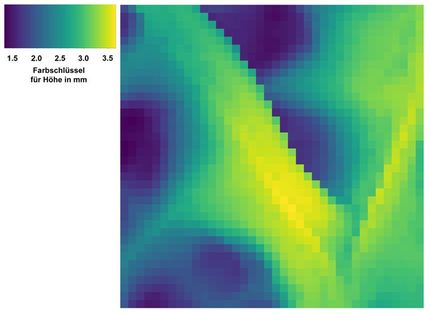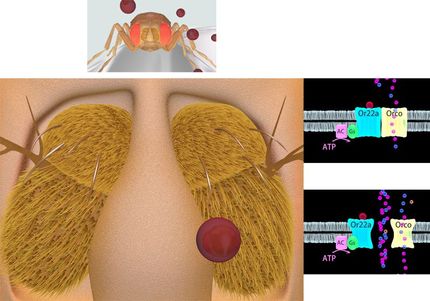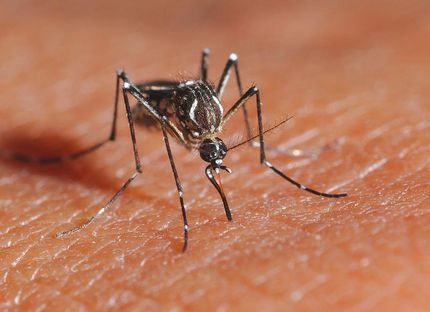
Max-Planck-Institut für chemische Ökologie
About MPI für chemische Ökologie
The Max Planck Institute for Chemical Ecology examines the role of chemical signals that mediate the interactions between plants, animals, and their environment, as well as the evolutionary and behavioral consequences of these interactions. In the institute, organic chemists, biochemists, ecologists, entomologists, and insect physiologists work in collaboration to unravel the complexity of chemical communication that occurs in nature. The primary research focus is on the coevolution of plants and insect herbivores. The constant struggle of plants and insects as played out on the chemical theatre is the key to understanding the interactions that have produced the variety of species that exist today. Because plants are sessile organisms, they are limited in their possibilities to produce offspring and escape from herbivores and pathogens. They have overcome such constraints by producing a large variety of chemicals that are used to attract pollinators, disperse seeds, attract mycorrihizal mutualists, repel herbivores, attract the natural enemies of their herbivores, protect against pathogens and various abiotic insults, and inhibit competitors. Plants produce complex mixtures of organic compounds that function in these different roles and we examine how these compounds are made, how they contribute to a plant’s Darwinian fitness in natural environments and how they evolved in evolutionary time. Insects in turn have evolved mechanisms to avoid, detoxify, or excrete these compounds, or even to sequester and modify them for their own uses. Particularly successful mechanisms may enable formation of new insect species, capable of exploiting different plant hosts. Conversely, formation of new plant species that can escape from herbivory may be promoted by the development of successful counter-mechanisms or novel compounds by the plants.
- Industry : Chemistry


